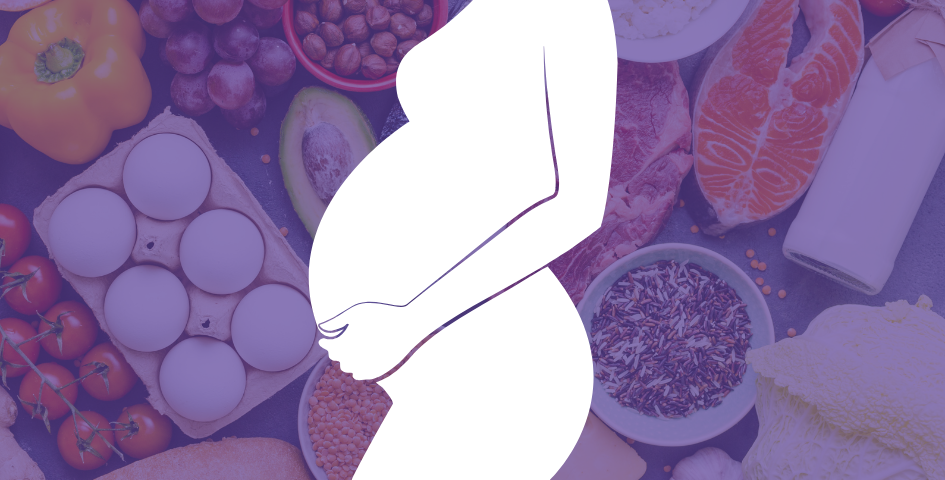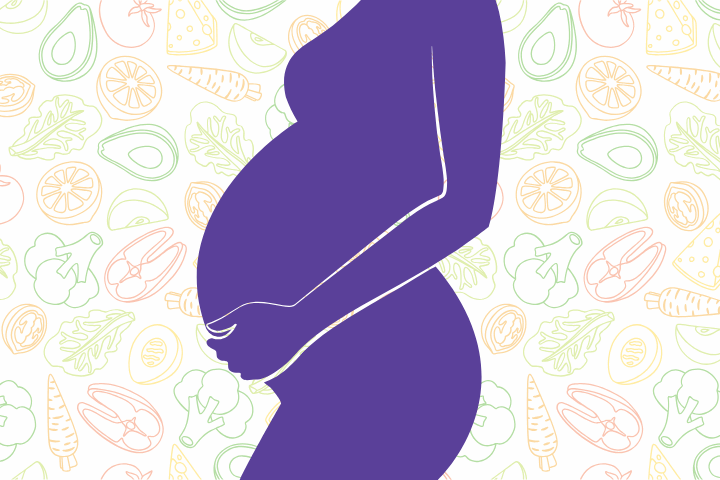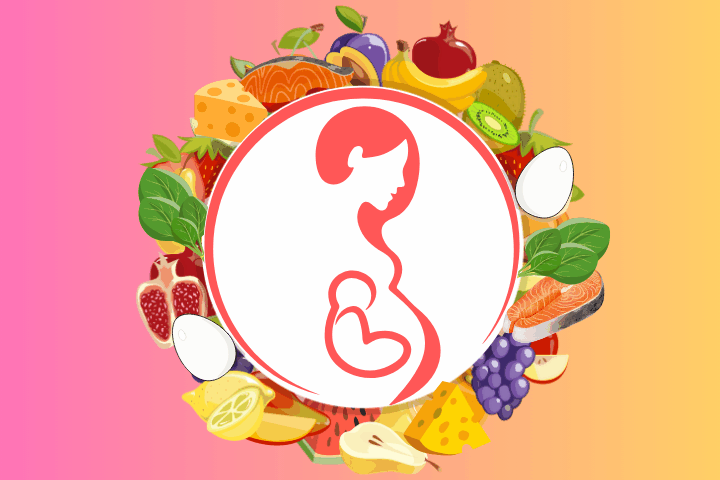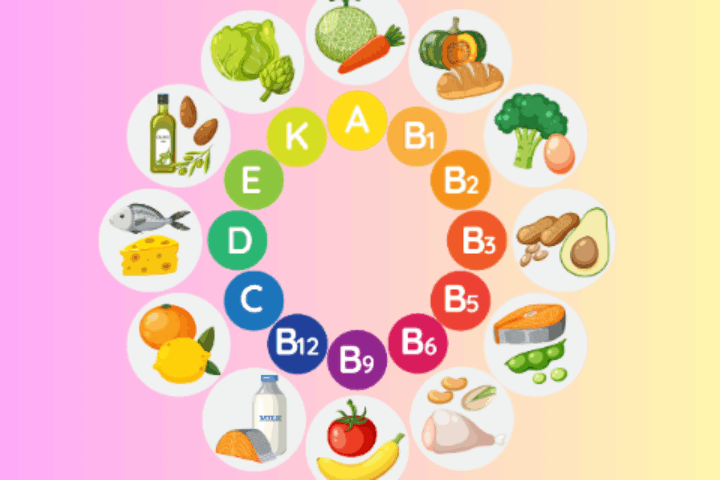When you’re trying to conceive, it can feel like every bite you take suddenly matters. While there’s no single “magic food” that guarantees pregnancy, research shows that the foods you eat can play a meaningful role in reproductive health.
How Food Affects Reproduction
Your body needs energy and nutrients not just to keep you healthy, but also to support the complex process of ovulation, egg development, and implantation. In fact, studies show that nutrition can influence fertility right down to the oocyte (egg).
During egg development, oocytes rely on a delicate balance of energy from carbohydrates, fats, and proteins. If this balance is disrupted—for example, by conditions like obesity, diabetes, or insulin resistance—it can affect egg quality. Poor egg quality is linked to irregular cycles, difficulties with fertilization, and lower chances of a successful pregnancy.
In other words, the food choices you make today can directly impact the health of your eggs and your ability to conceive in the future.
🔗 Read the research on maternal nutrition and oocyte health (PubMed)
The Role of Metabolism
Studies suggest that certain metabolic changes inside the egg—like too much glucose or lipid buildup or increased oxidative stress—can harm its development. This can lead to problems with how the chromosomes separate (meiosis), how cell energy is produced, or even how genes are switched on and off (epigenetics).
While that might sound complicated, the takeaway is simple: a healthy metabolism supports healthy eggs. And your diet is one of the most powerful ways to keep your metabolism on track.
Nutrition as Prevention
Good nutrition isn’t just about improving fertility today—it’s also about the future. The same study points out that metabolic health in the egg can affect not only whether conception happens, but also the long-term health of your future child. That means eating a balanced, nutrient-rich diet is a preventive step you can take for both yourself and your future family.
Key Takeaways
- Nutrition plays a direct role in egg quality and ovulation.
- Metabolic disorders like obesity or diabetes can make it harder to conceive.
- Supporting healthy metabolism through food is one way to optimize fertility.
- The benefits go beyond pregnancy—good nutrition can influence your baby’s long-term health.
✨ Coming up in Part 2:
We’ll explore common fertility nutrition myths and what research really says about dairy, protein, and the Mediterranean diet.
This information has been medically reviewed by Alexander M. Kotlyar, MD, FACOG, Director of Resident Education at Genesis Fertility.
If you would like to learn more about GENESIS Fertility New York or are ready to schedule an appointment, please speak with one of our representatives at 929-605-5467.





